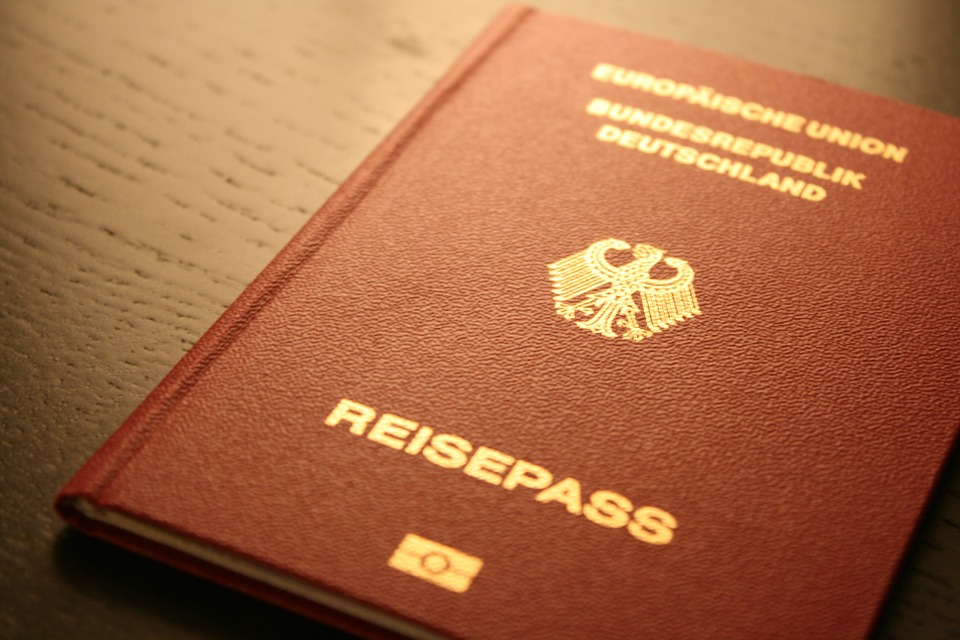The latest results and research from the Henley Passport Index — the original ranking of all the world’s passports according to the number of destinations their holders can access without a prior visa — show that while there is cause for optimism, it must be tempered with the reality that cross-border travel continues to be significantly obstructed.
Despite some progress in vaccinating the global population, international mobility has been restored to just 12% from 2019 levels. The gap between the theoretical possibilities of passports and the actual access to travel remains significant.
According to political scientist Omer Zarpley of the University of Pittsburgh, since the pandemic was announced, tourism in the European Union has decreased by almost 90%, in the UK by 73%, and in the US by 69%. Several countries continue to keep their borders locked, including the top-ranked countries in the Henley & Partners Passport Index – Japan, Singapore and Germany.
The Japanese passport retains its first place in the Index, which means that the borders of 193 countries of the world are open to Japanese citizens.
Singapore remains in second place with visa-free access to 192 countries, while South Korea and Germany share third place with visa-free access to 191 destinations. But this is in theory, in practice, the holders of Japanese passports have access to less than 80 destinations (equivalent to the passport of Saudi Arabia, which is in 71st place in the ranking). Holders of Singaporean passports have actual access to 75 destinations (equivalent to the passport of Kazakhstan, which is in 74th place).
Even in countries with high rates of vaccination of the population – the US and the UK – there is a weakening of the actual capacity of passports. The United Kingdom and the United States are ranked 7th overall in the Index (in 2014, both countries were in first place in the Henley & Partners ranking). In theory, these countries have visa-free access to 187 destinations around the world. But due to current bans, UK passport holders have access to 60 destinations (equivalent to the capabilities of an Uzbekistan passport). US passport holders have visa-free access to 61 destinations (equivalent to a Rwandan passport).
Holders of a Russian passport can, in theory, travel to 119 destinations without a visa.
Ukraine dropped from 35th to 37th place, but entered into an agreement on visa-free access with New Caledonia, increasing the strength of the passport by one point. Holders of a Ukrainian passport can travel without a visa or visa upon arrival in 137 countries of the world.
It is unknown how long travel restrictions will last, but it is already clear that global mobility will be severely limited, at least throughout 2021.


